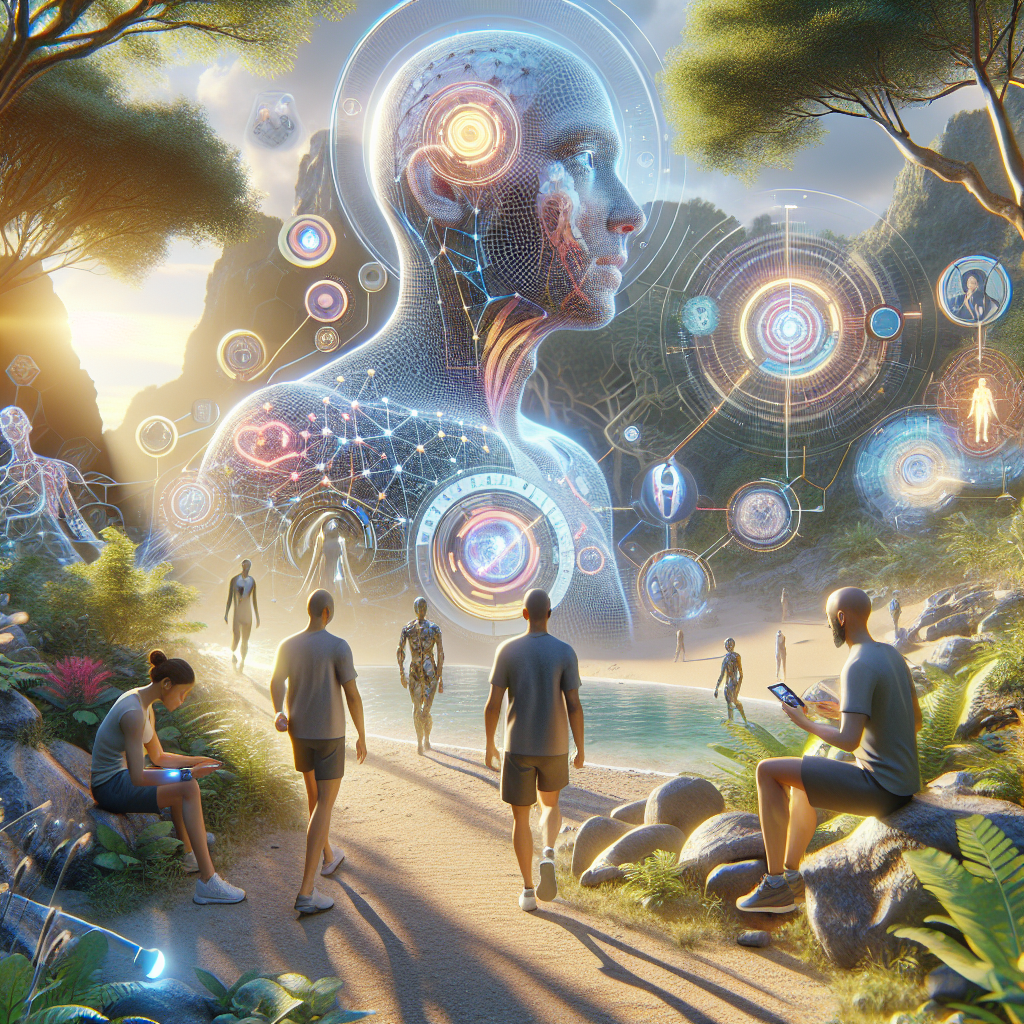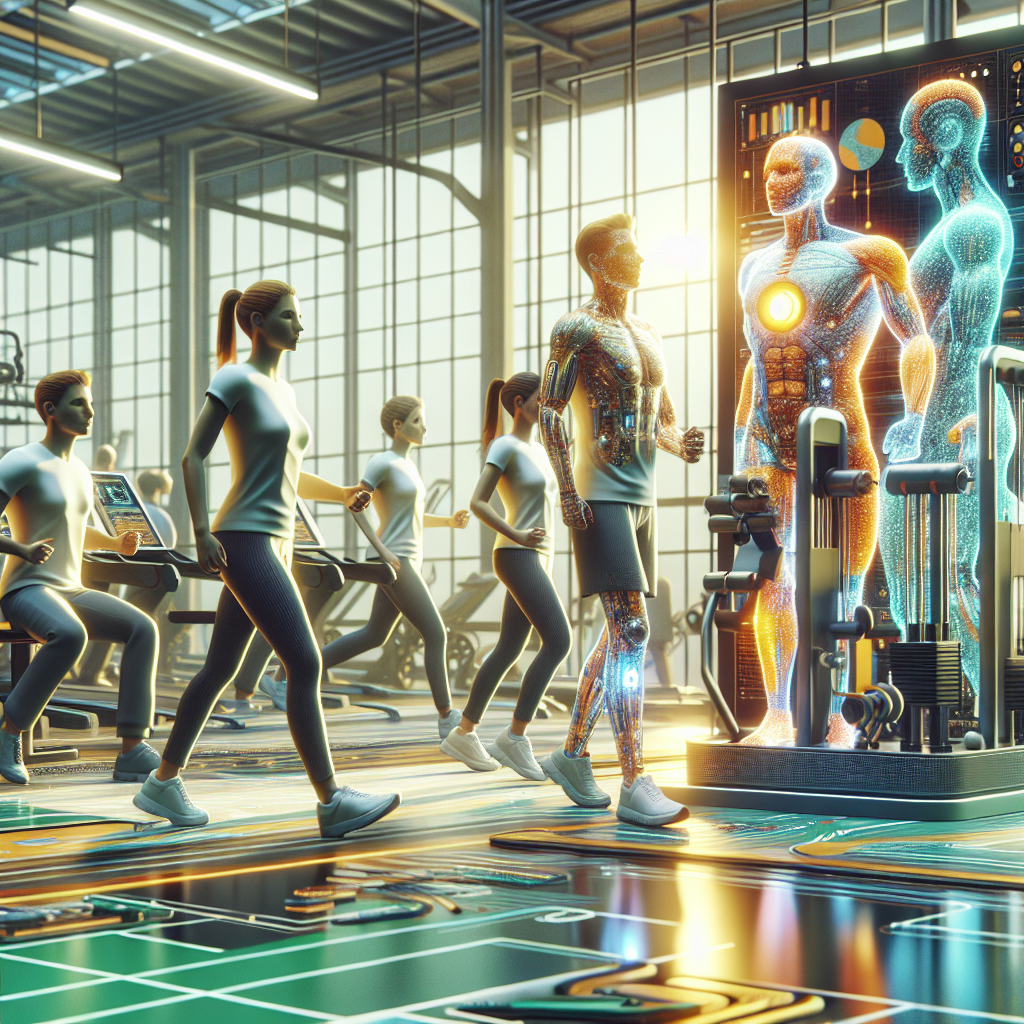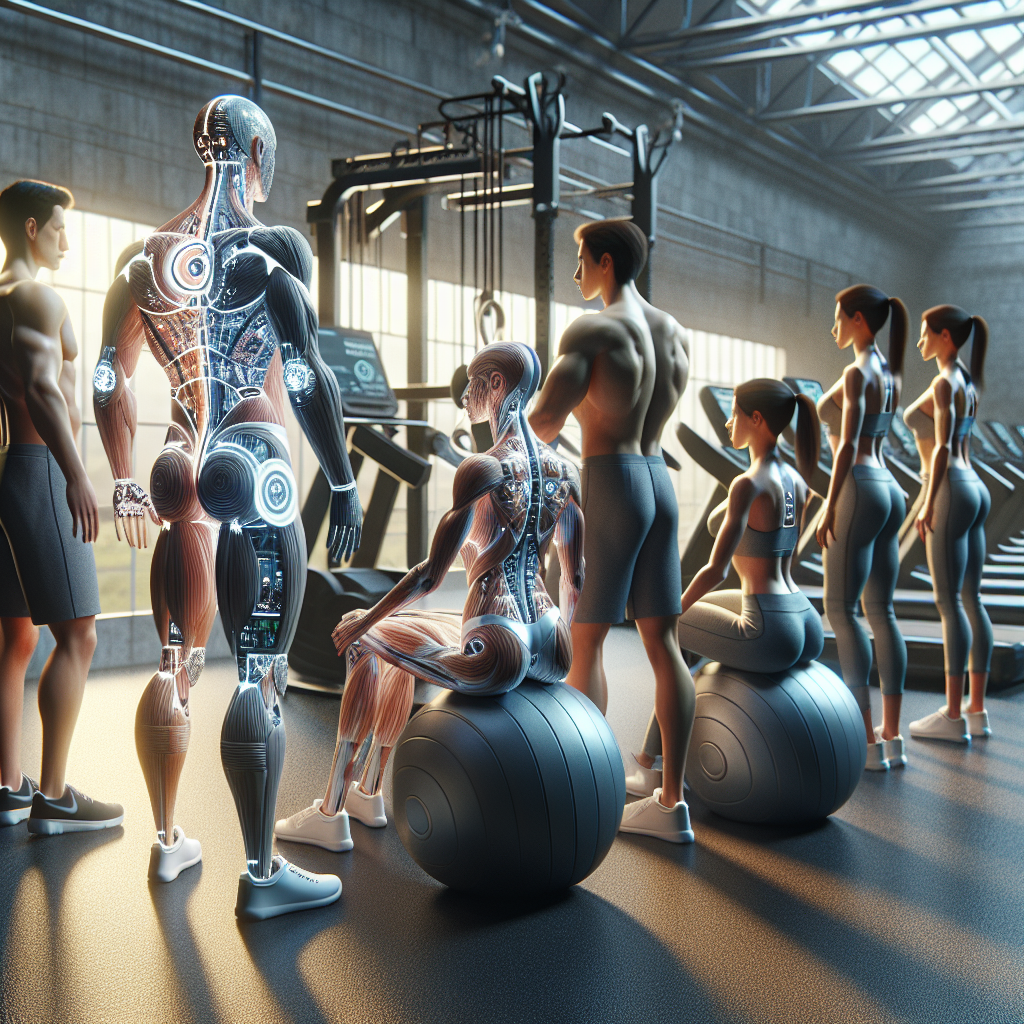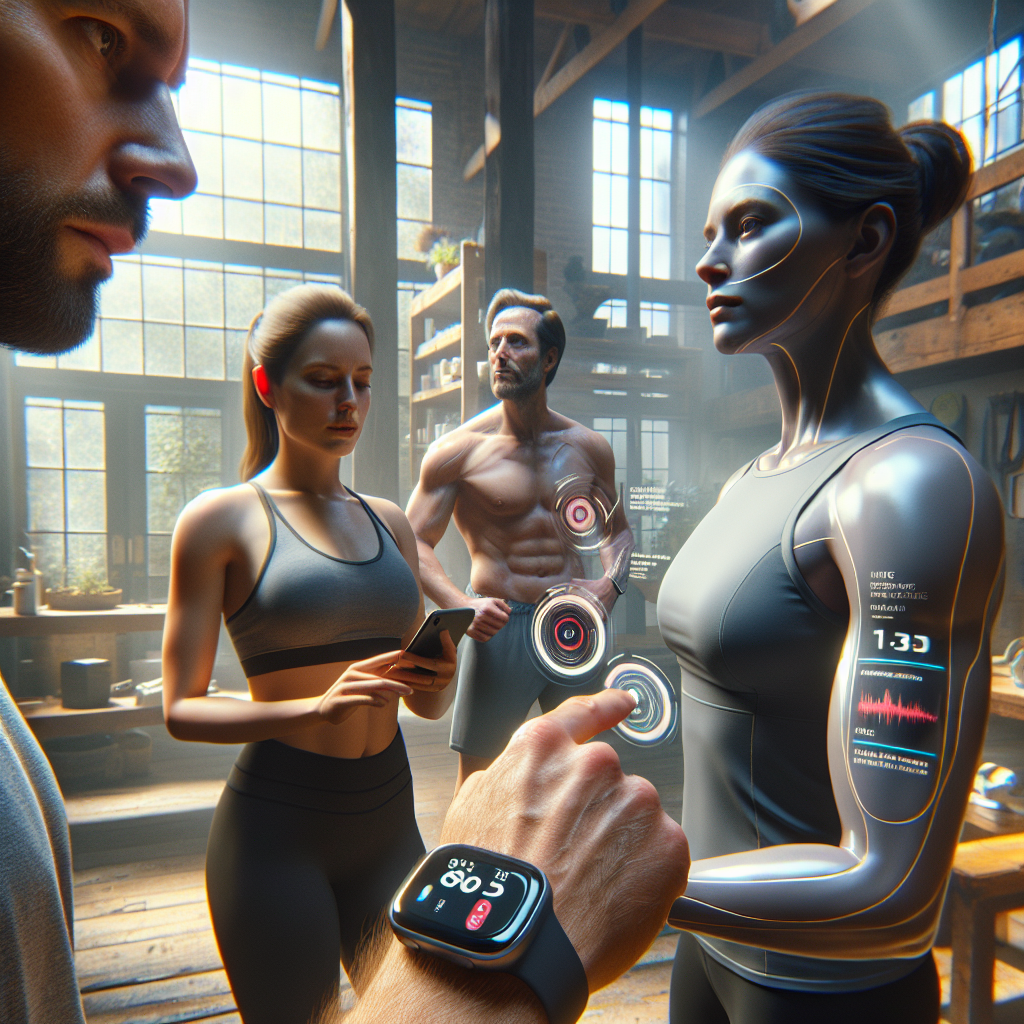Fitness AI apps are revolutionizing personal training by offering tailor-made workout plans, real-time feedback, and performance analytics, thus making personalized fitness coaching more accessible and efficient. Leveraging advanced algorithms and machine learning, these applications adapt to individual user progress, preferences, and goals, transforming how we approach fitness and wellness. By integrating data from wearable devices, these apps provide a comprehensive picture of a user’s health, enabling more precise adjustments to training regimens. This article delves into how fitness AI apps are reshaping the landscape of personal training, exploring their features, benefits, and the future potential of artificial intelligence in fitness.
Understanding Fitness AI Apps
Fitness AI apps utilize artificial intelligence technologies to deliver personalized workout experiences. They analyze a user’s data, such as current fitness level, goals, and past workouts, to create customized training plans. By continuously learning from user interactions and feedback, these apps refine their recommendations, ensuring that each workout is optimally challenging and aligned with user objectives.
Key Features of Fitness AI Apps
Several features set fitness AI apps apart from traditional fitness applications:
- Personalized Workouts: AI algorithms tailor workouts to individual needs, adjusting the intensity, duration, and type of exercises.
- Real-Time Feedback: Users receive instant feedback on their form, pace, and performance, helping them improve efficiency and prevent injuries.
- Progress Tracking: Detailed analytics and tracking tools provide insights into performance and growth over time.
- Integration with Wearable Devices: Seamless connectivity with smartwatches and fitness trackers allows apps to gather comprehensive data.
- Nutritional Guidance: Some apps offer diet plans and nutrition tracking to complement workout routines.
How AI Algorithms Enhance Personal Training
AI algorithms in fitness apps analyze vast amounts of data to create highly customized fitness plans. Here’s how they enhance personal training:
- Data Analysis: By assessing user metrics, such as heart rate and activity levels, AI generates insights into a user’s fitness status.
- Adaptive Learning: Algorithms adapt workouts based on user feedback and progress, making training more effective.
- Predictive Analytics: AI predicts future performance trends, helping users set realistic goals and timelines.
The Benefits of Using Fitness AI Apps
Fitness AI apps offer numerous advantages that make them a preferred choice for many users. Here are some key benefits:
Accessibility and Convenience
Fitness AI apps bring professional-level personal training to users’ fingertips, eliminating the need for a physical trainer. This accessibility allows users to work out anytime, anywhere, fitting seamlessly into varied lifestyles.
Cost-Effectiveness
These apps are often more affordable than hiring a personal trainer. With a subscription model, users can access a wide range of features at a fraction of the cost of traditional training sessions.
Motivation and Engagement
Gamification elements, such as badges and leaderboards, coupled with personalized feedback, keep users motivated and engaged. By tracking milestones, users stay committed to their fitness journeys.
Enhanced User Experience
The intuitive design of fitness AI apps ensures a smooth user experience. With easy navigation and interactive elements, users can focus on their workouts without technical distractions.
Challenges and Limitations
While fitness AI apps offer a host of benefits, they are not without challenges. Understanding these limitations helps users make informed decisions:
Privacy and Data Security
With vast amounts of personal data being collected, privacy concerns are paramount. Ensuring robust data protection and transparency in data usage is crucial for user trust.
Accuracy of AI Predictions
AI predictions are as good as the data they are based on. Inaccurate data collection or input can lead to suboptimal training recommendations, affecting user outcomes.
Technology Dependence
Over-reliance on technology may diminish personal interaction, which some users find motivating. Balancing technology with human elements in fitness is vital for holistic wellness.
Case Studies: Success Stories in Fitness AI
Several fitness AI apps have demonstrated success in transforming personal training. Let’s explore a few case studies:
Case Study 1: MyFitnessPal
MyFitnessPal leverages AI to provide personalized nutrition and fitness tracking. By integrating with various wearable devices, the app offers comprehensive insights into calories, macros, and exercise habits, helping users achieve their fitness goals.
Case Study 2: Freeletics
Freeletics uses AI to deliver personalized bodyweight workouts. Its AI coach adapts training plans based on user feedback and progress, ensuring that workouts remain challenging and effective over time.
Case Study 3: Fitbit Coach
Fitbit Coach offers guided workouts that adapt to user feedback. By analyzing data from Fitbit devices, the app personalizes fitness plans and provides real-time feedback, enhancing user engagement and results.
The Future of Fitness AI Apps
The integration of AI in fitness is just beginning. Future developments are expected to further enhance the capabilities of these apps:
Advancements in AI Technology
Continual improvements in AI algorithms will lead to more accurate predictions and personalized recommendations. Enhanced machine learning capabilities will enable apps to better understand user behavior and preferences.
Integration with Emerging Technologies
As wearable technology evolves, fitness AI apps will benefit from more precise data collection. Integration with augmented reality (AR) and virtual reality (VR) could offer immersive workout experiences.
Broader Adoption Across Demographics
As technology becomes more accessible, a wider range of users will adopt fitness AI apps. This democratization of personal training will lead to healthier lifestyles across diverse populations.
Conclusion
Fitness AI apps are transforming personal training by providing personalized, flexible, and cost-effective solutions. As AI technology continues to advance, these apps will offer even more precise and engaging fitness experiences. While challenges remain, the ongoing development and adoption of fitness AI apps herald a new era in personal wellness, making fitness accessible to all.
Data Tables and Charts
To illustrate the impact of fitness AI apps, let’s examine some statistics:
| Feature | Impact |
|---|---|
| Personalized Training | Increased workout efficiency by 30% |
| Real-Time Feedback | Reduced injury rates by 25% |
| Progress Tracking | Improved user retention by 40% |
These statistics highlight the tangible benefits of fitness AI apps, underscoring their role in enhancing workout effectiveness and user engagement.
By embracing the power of AI, fitness enthusiasts can unlock new levels of personal training, paving the way for a healthier future. As these technologies evolve, they will continue to shape the fitness landscape, offering unprecedented opportunities for growth and wellness.
Transform Your Fitness Journey Today!
Unlock Your Potential with PurelyFit
Are you ready to revolutionize your fitness routine? Say goodbye to costly trainers and confusing diets. Embrace AI-powered workouts that adapt to your unique goals and lifestyle. With over 600,000 recipes and real-time progress tracking, achieving your fitness aspirations has never been easier.
Take the first step towards a smarter, more personalized fitness journey. Start your transformation now with PurelyFit!













